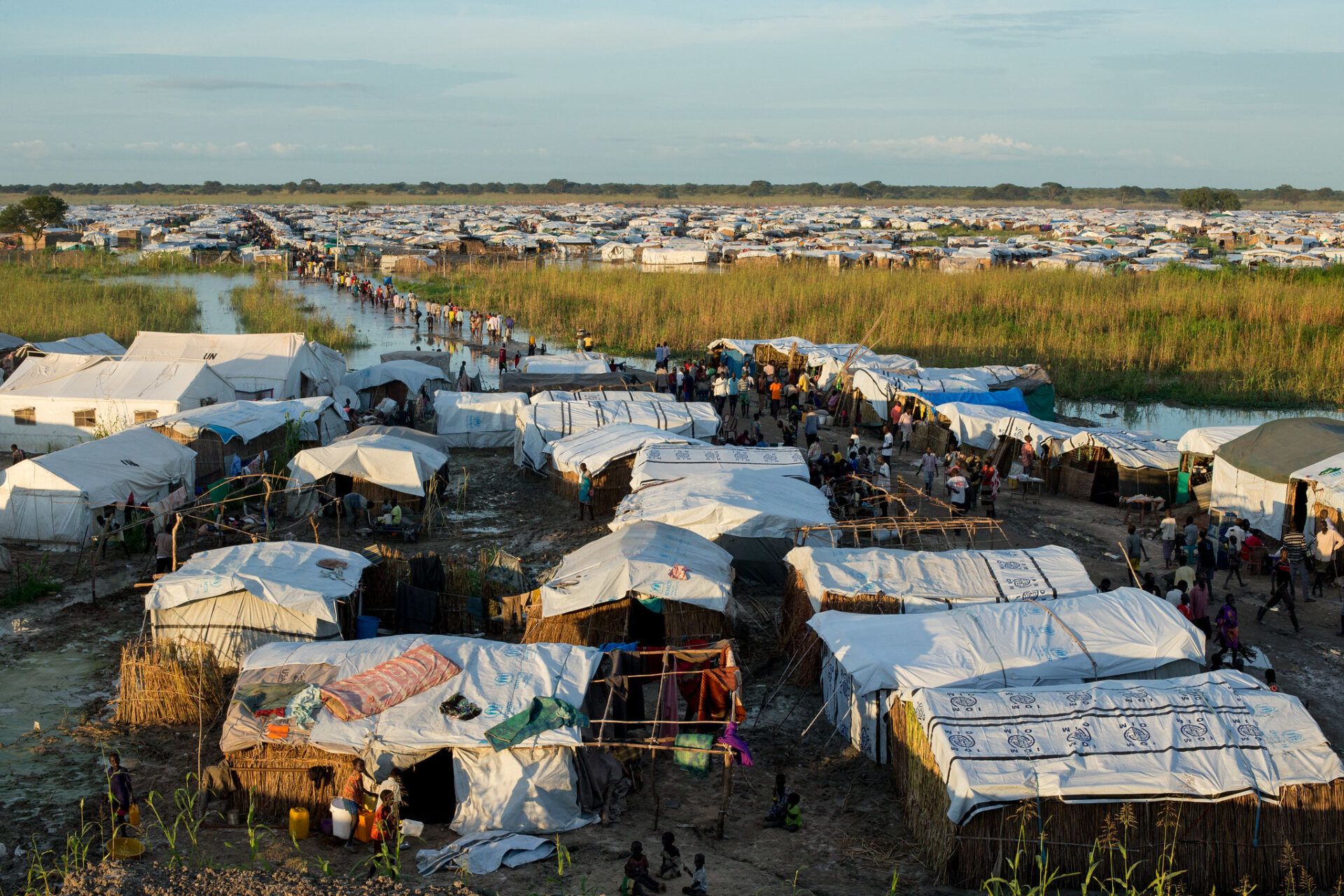Beginning with an analysis of international norms, frameworks and initiatives on durable solutions, the paper finds that international approaches to durable solutions for IDPs can be categorised into three groups, broadly representing three stages of an evolution in how solutions are understood. Next, by examining publicly available documents produced by governments and international actors in South Sudan and Somalia, the research explores various legal, policy and material interventions that aim to secure durable solutions in the two countries.
The paper finds that the approaches to resolving displacement of both national and international actors demonstrate relatively close adherence with international frameworks. Furthermore, in line with international initiatives, interventions in South Sudan and Somalia aiming to secure solutions for IDPs have undergone a broad shift towards development-oriented, ‘whole of society’ approaches which attempt to address aspects of displacement across the humanitarian-development-peace nexus. Nevertheless, the paper concludes that the alignment of country-level interventions with international norms and standards on resolving internal displacement may have negative implications, as this alignment can result in over-ambitious programmes or ‘rhetorical’ commitments.
Abigayil Parr is a graduate of the MA in Refugee Protection and Forced Migration Studies at the University of London. She currently works for the United Nations Department of Political and Peacebuilding Affairs in New York and previously spent several years in Kenya and Sudan with UNHCR.
The views expressed in this paper are those of the author and do not necessarily reflect the views of the United Nations.

